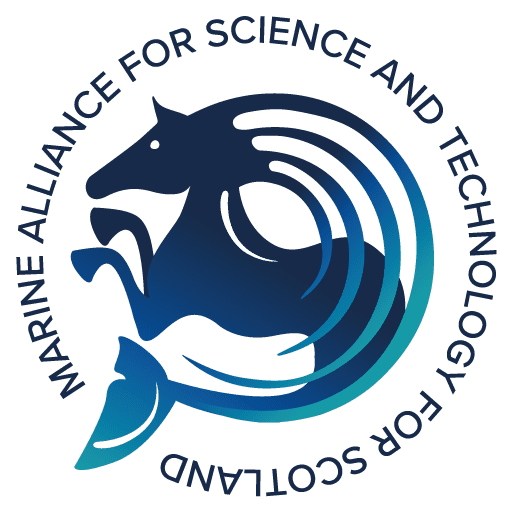Locations below the UK seabed are currently being considered for a Geological Disposal Facility (GDF) to safely dispose of radioactive waste. A GDF will have a 150-year construction and operational lifespan before being sealed off to isolate the waste from the surface environment. Over the next 150 years, climate change will affect marine ecosystems, potentially reshaping ecosystem structure and the species that must be considered for protection.
The project will investigate how climate change will affect species that inhabit the North Sea and Irish Sea. Data on species responses to climate change related effects will be incorporated into dynamic ecosystem models of the North Sea and Irish Sea to make predictions on how these ecosystems will alter. Assessments will be made to identify species that are most sensitive to climate change and projections made on how species distributions will change. Using these models, the project will also investigate how the ecosystem uptake of GDF relevant radionuclides that are already present in the marine environment, will be affected by climate change.
You will be enrolled in the University of Glasgow College of Science and Engineering Graduate School, based primarily at SUERC and supervised by Dr Kieran Tierney and Dr David Bailey. You will also work with consortium partners Dr Christopher Lynam (Centre for Environment Fisheries, and Aquaculture Science – CEFAS) and Dr Jacob Bentley (Natural England) in addition to Nuclear Waste Services. The candidate will have the opportunity to spend time working at these other organisations obtaining valuable experience. You will also be enrolled in the Marine Alliance for Science and Technology for Scotland (MASTS) Graduate School providing specialist development training.
Eligibility
Applicants should have, or expect to achieve, at least a 2.1 honours degree or a master’s (or international equivalent) in a relevant science, including biology, ecology, environmental science or similar with a strong quantitative background. Some experience of either ecosystem modelling, using GIS or the R statistical computing software would be advantageous.
Funding
The NWS studentship will provide funding for 4 years including tuition fees and a tax-free stipend at the standard UKRI rate, £19,162 for the 2024/25 academic year.
Funding is available for UK and international students.
Deadline
31st May 2024

